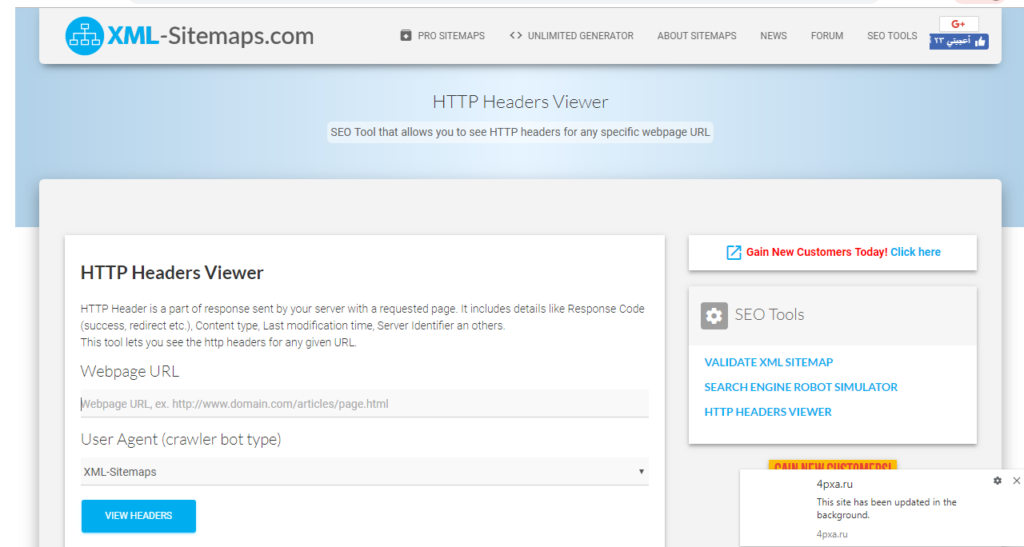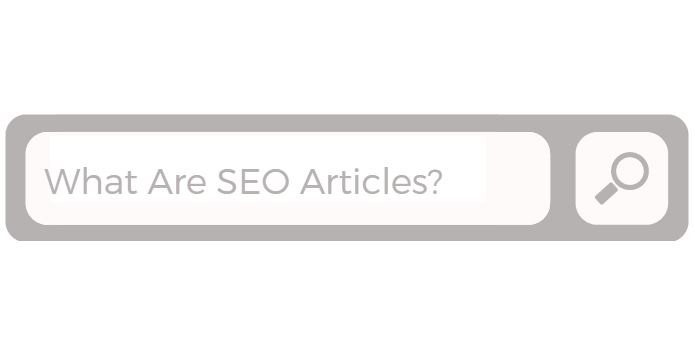

What are SEO Articles? Four Writing Tips
Keywords: SEO, KEYWORDS, ANALYSIS
What are SEO articles? What are the critical differences between SEO articles and other kinds of written content?
There is crossover with many different kinds of article, but SEO articles are primarily written to achieve enhanced visibility on Google for your business, using necessary keywords.
There are sure-fire rules to follow when writing SEO content, which will help to increase your possibilities of a higher ranking.
However, much of the advice about writing SEO articles which is found online is like reading a complicated spell book in a fairytale. Suggestions are vastly overcomplicated, and many of the recommendations are contradictory or unproved.
Our suggestion is to follow these four tips and to not worry too much. Google is a very effective tool, designed to help you. Therefore the smartest thing you can do is to create content which is as relevant as possible to your target market.


1) Analyze the best Keywords
When writing an SEO article, start with some good keyword analysis. Decide which phrases and individual search queries are most used on Google and take a note of the frequency that these are used on a monthly basis.
This will give you the competitive advantage of knowing how popular each keyword is. Keywords with thousands of monthly searches are very competitive. You’ll struggle to get your content on page one of the Search Engine Results Page using these terms.
On the other hand, longer or more specific (long tail) keywords typically have fewer searches and are less competitive. Simultaneously, they are much more specific to your business, and therefore, will draw in a more relevant audience.
Create a varied list of relevant keywords that you simply wish to use for articles, with monthly searches of between ten and fifty hits. This is often a decent place to begin.
2) Use Your Keywords properly
You can worry too much about where exactly to place keywords in SEO articles. Some people say that you should use a keyword a specific number of times in an article. Others say that your keywords should represent two to three percent of the entire word count of your article.
There is no evidence to prove that either of these strategies is the most effective. However, it’s necessary to include your keyword within the title of your article, and also, at some point between the first and final paragraph. However, even this isn’t a hard and fast rule. In some articles, you will use the keyword half a dozen times, and in another, only twice. Write the article naturally and don’t force the issue.
The other necessary thing is that the content of you SEO article is relevant to the keyword you have chosen. If you’re aiming to use the keyword “spring planting concepts for sandy soil”, then check that your article is truly relevant to this topic. Don’t write general content and then sneak in a keyword by hiding it, as this may not work. Even if you manage to trick Google, which is unlikely, you will be missing out on attracting your target audience.
In addition, check that your keywords read grammatically and make sense. Lots of search terms don’t make sense in grammatical sentences. It’s fine to vary your keywords a little so that they make sense. Remember that Google’s search bots won’t be keeping your business afloat, but real shoppers and human beings. Therefore, make sure that your top priority is readability.
3) Write one valuable thing
By a long way, this is the most important of our four tips. The net is choked with junk, but this means that it’s easy to stand out from the crowd if your content is genuinely valuable to people.
The internet is primarily a way for people to communicate and send data to each other. People are looking for answers. Now that you’ve done your keyword analysis, you will have noticed that many of your top long-tail keywords are questions. These queries, implicitly or expressly, are what people type into Google. They are either going to be searching for an area, a service or for information.
Your SEO articles can be an opportunity to answer these queries easily and quickly, and that will make your customers’ lives easier.
You are the expert in your own field of business, so make use of this knowledge to create some valuable content.
“How to” articles are an excellent place to begin, as these give your customers useful data and are easy for people to browse. If you know a lot about your field of business, you will be able to write these articles easily and quickly.
Turn your keywords into useful and relevant article. For example, the keyword “on-line selling for dentists” is the theme for all of these articles:
-
Top ten on-line selling Tips for Dentists
-
Your final Guide to on-line selling For Dentists
-
3 ways in which on-line selling For Dentists Fails (And how you’ll be able to regain results)
Knowing which approach is required, which amount of detail to use and also the right subjects to adopt, relies on the customers you’re attempting to attract. This may involve some additional research about your target market and also the people who are going to be reading your blogs.
Try to find out what people want and write directly about it. For example, content written for engineers will be totally different from the content aimed at managers.
Take into account the geographical location of your target readers, and which stage they are at in buying a product or service. Don’t expect each customer to jump in and buy your services or products straight away.
Your keywords search can give you more knowledge about this. Data-seeking keywords used by readers are lower down the sales funnel than those which are actively searching for services or products.
Use these keywords as examples:
“Design concepts for children’s bedrooms”: This search question only concerns data. Within the article, give some useful tips supported your experience. Recommend your services or products by all means, as this will be helpful. However, you are planting the seed of inspiration in your article, not directly promoting your business.
“Interior style services in Wareham”: This question suggests that the customer is looking to hire a professional. They actively searching for businesses in a specific field and geographical area and will be receptive to promotional material.
This doesn’t mean you have to bombard them with adverts. Instead, create your content to respond to similar queries in a more service-targeted way, explaining the USPs of your business and also the reasons that customers choose your service.
4) Your article should be the correct length.
SEO professionals have spilled lots of ink in worrying about how long SEO articles should be.
However, nobody outside Google knows exactly how their search rules work, so this will always involve some guess-work – and it changes over time.
Shorter blogs used to be favored – around the 350-400 word mark, but this is not always the case. Google values authoritative content. Therefore, the highest-indexed articles are usually a minimum of 600 words long.
The most effective way of creating an acceptable-length article should be dictated by your chosen topic. There’s no point in attempting to spin out an article to 800 words, when its natural length is 400 words. Waffle is very off-putting to customers and search engines alive.
Most blogs publish a range of content, with some articles 700 to 800 words, and some longer, with 1,000 to 1,500 word blog posts as well as shorter ones.
Shorter blogs are acceptable as part of a balanced mixture of content, as people don’t have the time or inclination to trawl through extended journal articles, particularly in some sectors. However, don’t rely on short items to bring you high rankings on Google. Instead, showcase the knowledge and information your business excels at.
Take a glance at some leading blogs in your trade to get a feel for what works and what doesn’t.
Content remains king, even when it involves lead generation and SEO.
Call Now Button






